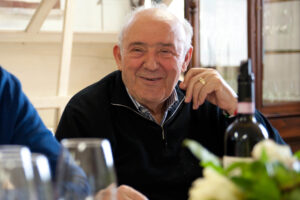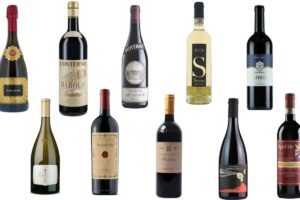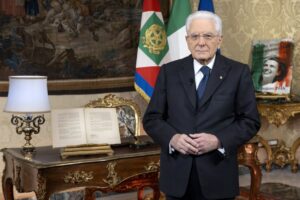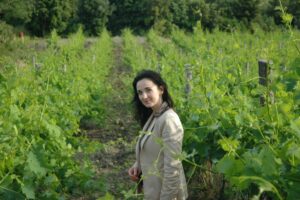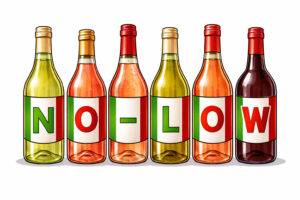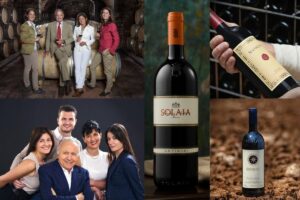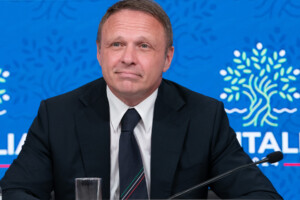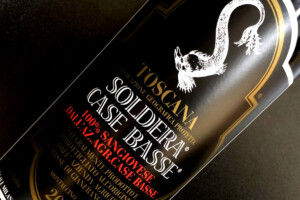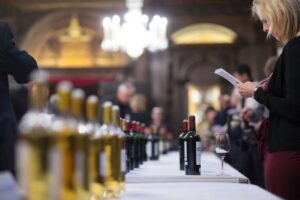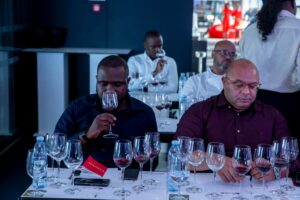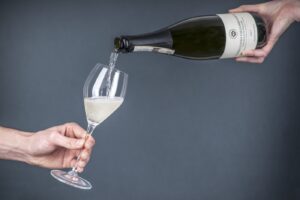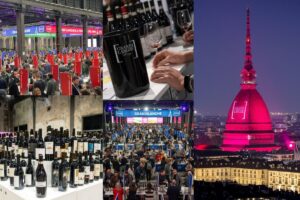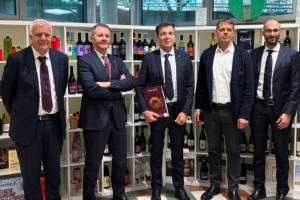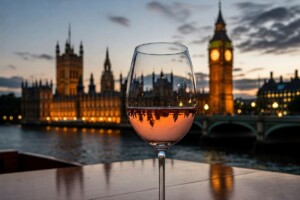The right balance of bouquet and intensity from Sangiovese grapes, the smooth Canaiolo grapes that tone down the acuteness and the delicate Malvasia grapes, (though they are not needed for aging): this is the "perfect” wine formula that the "Iron Baron" Bettino Ricasoli wrote down in 1872 at his Castle in Brolio in Tuscany, after his in depth, tireless research using the same tenacity without which Italy would not have been united, and which later became the formula for Chianti Classico. The Italian prime minister/ winemaker Ricasoli was one of the architects of the Italian Risorgimento and in 1861 became the second President of the Council of Ministers of the Kingdom of Italy, succeeding Cavour.
It was in the Langhe, and more precisely in Dogliani, home to Cavour, that in 1897 another tireless researcher, Luigi Einaudi, bought the eighteenth-century San Giacomo estate, the very first acquisition for Poderi Einaudi. His economic foresight, along with the desire to recover his family’s lands, led him to produce Dolcetto and Barolo wines. Einaudi the winemaker was one of the fathers of the Italian Republic, and even when he was elected the second President of the Republic in 1948, he never missed a grape harvest.
Two politicians, then, and two government leaders, whose destinies intertwined with wine. They were among the first to have understood that the revival of the "New Italy" could and should start with Italy’s great wines. WineNews, one of the most popular sites for lovers of good wine, pays homage to Barone Ricasoli and Poderi Luigi Einaudi with this memory-tribute about the wineries that have written the history of Italian wine and the history of Italy as well, thanks to their illustrious ancestors.
It is the story of wine and politics, about which numerous pages have been written for # Vinitaly50Story, the history of half a century of Vinitaly and Italian wine, told through the stories of its protagonists for the first 50 years of the wine industry’s international event (Verona, April 10th to 13th ; www.vinitaly.com). And, for the first time, the President of the Italian Republic, Sergio Mattarella, will inaugurate the event after the official visit of the Premier Matteo Renzi.
Politics was the foremost activity of Bettino Ricasoli, who was elected twice to the office of Prime Minister after the unification of Italy under King Victor Emmanuel II (in 1861, succeeding Cavour and again in 1866). He was nominated Minister several times and he was also mayor of Florence.
The ambitious challenge accompanied the Iron Baron throughout his life. While he was making preparations for Garibaldi’s expedition, the annexation of Tuscany to the Kingdom of Savoy and the referendum to join the constitutional monarchy, he also worked on creating a "sublime" wine, similar to the great wines of Bordeaux and Burgundy at his Castle in Brolio, the company inherited from his father, which had been the property of the Ricasoli family since the twelfth century. The Iron Baron had great confidence in scientific progress and left no stone unturned to produce the wine most suited to the territory, Chianti, which until then was a very “rough” wine. His famed tenacity allowed him to interpret viticulture and its socio-economic system in an absolutely modern way and led him to the "perfect" formula, permanently written down in a famous letter addressed to Professor Cesare Studiati at the University of Pisa, and today is the basis for Chianti Classico celebrates 300 years since Grand Duke Cosimo III de' Medici’s announcement setting the boundaries, and also thanks to men like him.
Luigi Einaudi was an economist, academic, journalist and author of numerous publications, Senator of the Kingdom in 1919, the Governor of the Bank of Italy from 1945 to 1948, member of the Council and then to the Constituent Assembly in 1946, Minister of Finance and the Treasury of the fourth government headed by De Gasperi.
His far-sighted vision led to the heart and soul of the true Piedmont winemaking tradition, and to the enhancement of the Dogliani territory, which produced high-quality wines in the best areas, and at the same time accessible to daily consumption. Poderi Luigi Einaudi received the moral heritage of the Professor, as he was respectfully called by his countrymen, a lover of the earth "made fruitful by the sweat of men who work it", and have grown acquiring numerous vineyards, which they have chosen respecting the rule that a great wine can only come from a great vineyard and a great terroir, from cru San Luigi in Dogliani to cru Cannubi in Barolo.
Copyright © 2000/2026
Contatti: info@winenews.it
Seguici anche su Twitter: @WineNewsIt
Seguici anche su Facebook: @winenewsit
Questo articolo è tratto dall'archivio di WineNews - Tutti i diritti riservati - Copyright © 2000/2026










